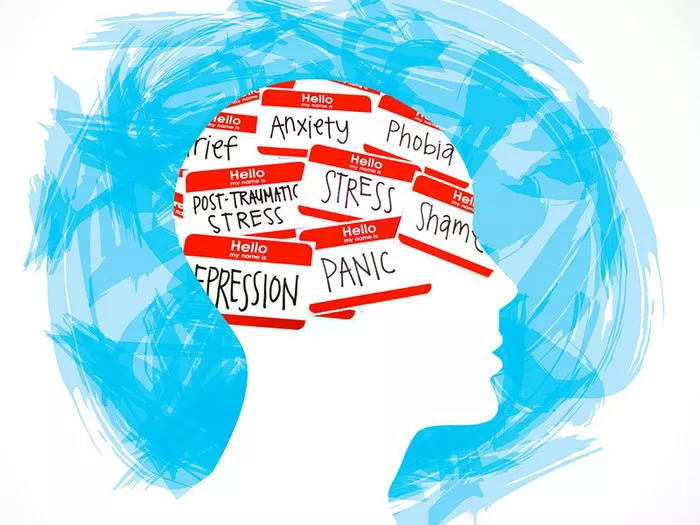1. Research and Facts: Is there a correlation between intelligence and depression?
In the pursuit of understanding mental health, researchers have long explored the intricate relationship between intelligence and depression. While it’s tempting to draw simplistic conclusions, it’s essential to approach this topic with nuance. Correlation does not imply causation. However, numerous studies have indeed found a correlation between higher intelligence and an increased likelihood of experiencing depression.
One study, published in the Journal of Abnormal Psychology, analyzed data from over 3,000 individuals and found that those with higher IQ scores were more likely to report depression symptoms. Similarly, a meta-analysis published in the British Journal of Psychiatry concluded that higher childhood IQ was associated with an elevated risk of developing depression later in life.
Various factors contribute to this correlation. One theory posits that highly intelligent individuals may be prone to overthinking. Their analytical minds constantly dissect complex problems, including existential questions, leading to a heightened risk of existential anxiety and depression. Furthermore, perfectionism, often prevalent in intelligent individuals striving for excellence, can exacerbate feelings of inadequacy and failure.
Social isolation is another significant factor. Highly intelligent individuals may struggle to find like-minded peers, leading to feelings of loneliness and alienation. Moreover, their heightened sensitivity can make them acutely aware of social injustices and existential dilemmas, contributing to a sense of despair.
2. Relatable Experiences and Validation:
Many highly intelligent individuals have grappled with depression, often feeling misunderstood and isolated. Take the case of John Nash, the Nobel laureate whose struggle with schizophrenia and depression was immortalized in the film “A Beautiful Mind.” Despite his remarkable intellect, Nash battled inner demons, highlighting the complexity of mental health.
If you’re experiencing similar struggles, know that you’re not alone. Your feelings are valid, and there’s no shame in seeking help. Depression doesn’t discriminate based on intelligence or achievements. It’s a multifaceted condition that requires understanding and support.
3. Practical Solutions and Resources:
Managing depression requires a multifaceted approach. Mindfulness techniques, such as meditation and deep breathing exercises, can help calm racing thoughts and alleviate anxiety. Cognitive reframing, a process of challenging negative thought patterns, can empower you to view challenges from a more balanced perspective.
Additionally, stress management techniques, such as regular exercise and adequate sleep, are crucial for maintaining emotional well-being. Surround yourself with a supportive network of friends and family who understand your struggles. Remember, seeking professional help is not a sign of weakness but a courageous step towards healing.
Reputable mental health resources and support groups cater specifically to gifted individuals or those experiencing mental health challenges. Organizations like Mensa offer support networks for intellectually gifted individuals, providing a sense of community and understanding.
Conclusion
In conclusion, the correlation between intelligence and depression is complex and multifaceted. While intelligence can predispose individuals to certain challenges, it’s just one piece of the puzzle. By acknowledging the interplay of various factors and seeking support when needed, individuals can navigate their mental health journey with resilience and hope.
FAQs
Can being too smart be a problem?
Yes, being exceptionally intelligent can present challenges such as difficulty in finding intellectual peers, feeling isolated, and experiencing high expectations from others that may lead to stress or anxiety.
How to cope with being too smart?
Finding a supportive community, engaging in activities that stimulate your mind, seeking therapy if necessary, and learning to embrace your uniqueness can help in coping with the challenges of being highly intelligent.
Do intelligent people self-sabotage?
Intelligent individuals may sometimes self-sabotage due to perfectionism, fear of failure, or imposter syndrome. They might overthink situations, second-guess themselves, or procrastinate as a way of coping with the pressure to maintain their high standards.
Related topics:
- Effective Therapies for PTSD: A Comprehensive Guide
- PTSD vs. Bipolar Disorder: What is the Difference?
- Beyond Medication in Depression Treatment: A Simple Guide


